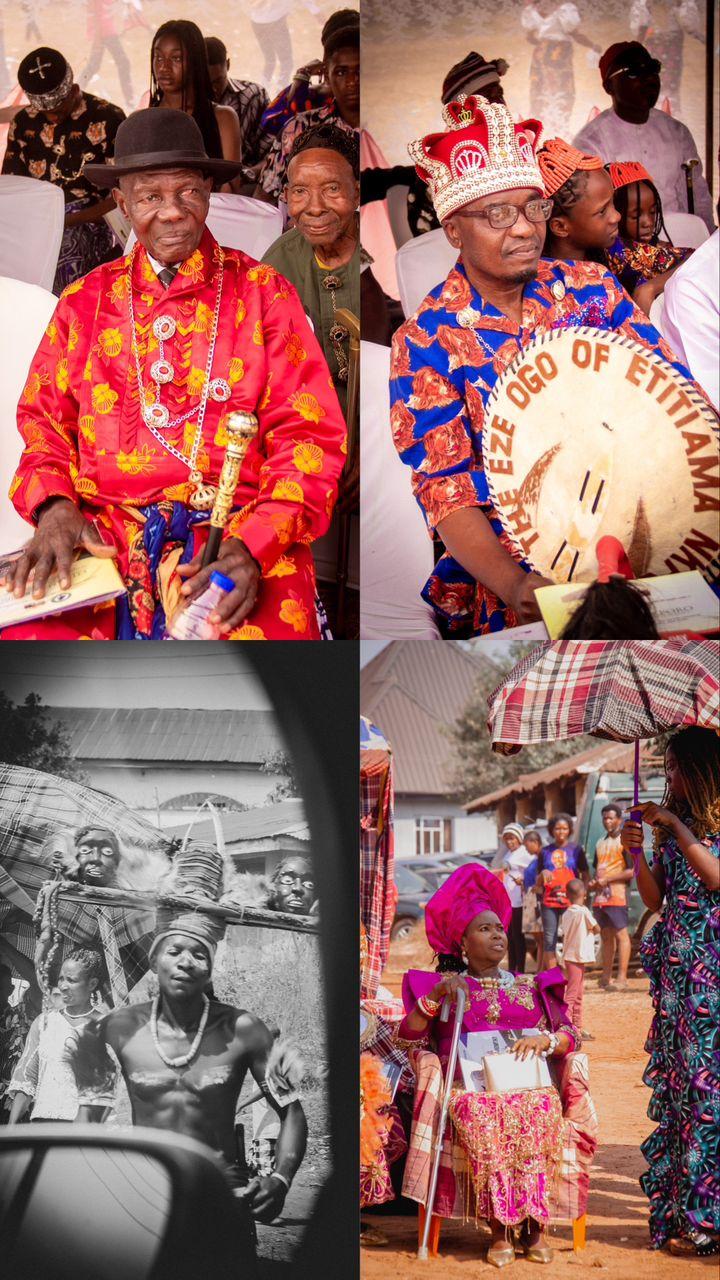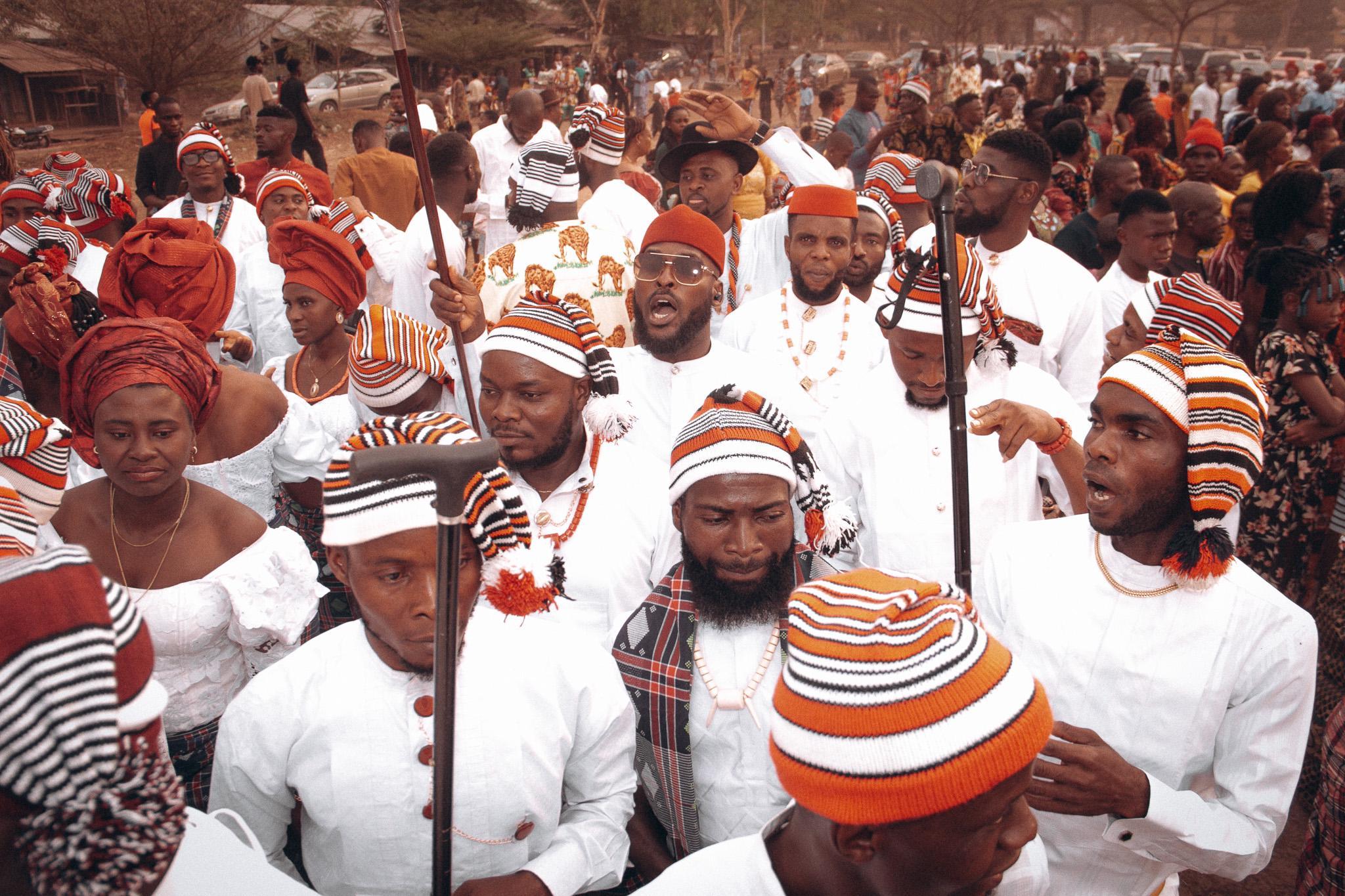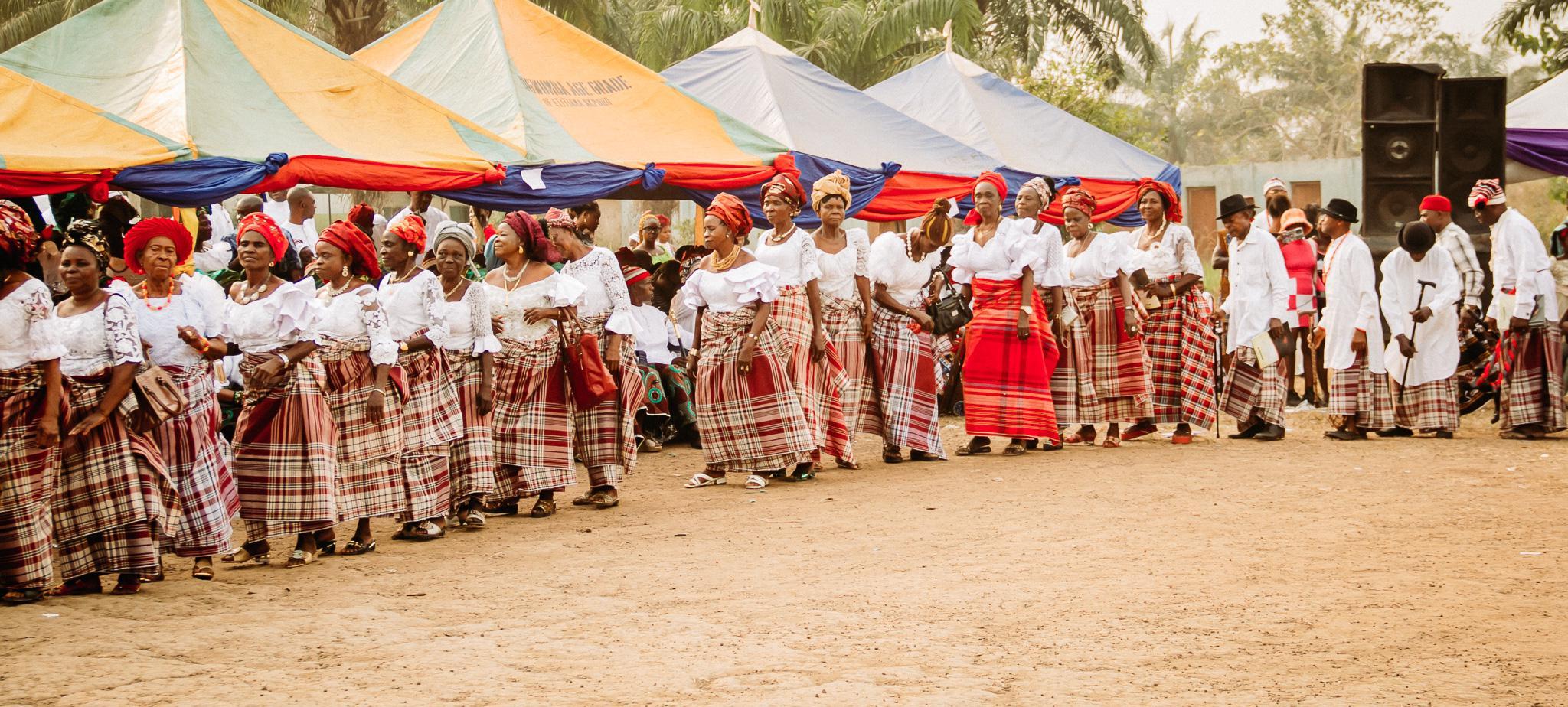The Age Grade System in Nigeria: A Focus on the People of Nkporo

The age grade system is one of Nigeria's most enduring traditional institutions, particularly among the Igbo people. This communal structure, rooted in unity, progress, and mutual support, has fostered societal development and preserved cultural values. For the people of Nkporo in Ohafia Local Government Area of Abia State, the age grade system is not just a tradition; it is a way of life that continues to play a significant role in community building.
What is the Age Grade System?
The age grade system is a social organization where individuals born within a specific period (usually within the age bracket of three years) form a group or "grade." Membership in an age grade is determined by age or by initiation ceremonies. These groups act as a framework for organizing societal responsibilities, fostering solidarity, and ensuring the smooth functioning of the community.
In Nkporo, the age grade system has been a critical instrument for achieving development, resolving disputes, and instilling discipline and accountability. Age grades are seen as custodians of the community's values and traditions, with each grade assigned specific roles at different stages of their lives.
Historical Context of the Nkporo Age Grade System
The age grade system in Nkporo dates back centuries and was originally established to ensure an organized and harmonious society. In the past, age grades were instrumental in defending the community against external threats, maintaining order, and implementing traditional laws. Over time, their roles have evolved to focus more on development, leadership, and cultural preservation.
Formation and Initiation
In Nkporo, the formation of an age grade begins with the grouping of individuals of similar ages. Initiation ceremonies, which are often colorful and rich in traditional rites, officially mark the formation of a new age grade. These ceremonies serve as a rite of passage into adulthood, symbolizing the responsibilities and expectations placed upon the members.
The names given to age grades in Nkporo are often symbolic, reflecting aspirations, virtues, or significant historical events. Examples include names like Udo Bu Ike ("Peace is Strength") or Akuruo Ulo ("What is earned should be brought home"). These names encapsulate the collective identity and mission of the group.
Roles and Responsibilities
Age grades in Nkporo are responsible for various aspects of community life, including:

Development Projects: Age grades take up community development projects such as building roads, schools, health centers, and markets. These projects are often funded through levies and contributions from members.
Conflict Resolution: They mediate disputes and help maintain harmony within the community. Their involvement in conflict resolution ensures that issues are addressed promptly and amicably.
Cultural Preservation: Age grades help preserve and promote Nkporo’s rich cultural heritage through traditional dances, festivals, and ceremonies.
Security: Historically, age-grades provided communal security by organizing themselves into vigilante groups. Today, they work closely with local authorities to ensure safety in the community.
Leadership Development: The age-grade system prepares individuals for leadership roles by instilling discipline, accountability, and a sense of responsibility. Many community leaders in Nkporo emerge from active participation in their age grades.
The Role of Age Grades in Modern Nkporo
In contemporary Nkporo, the age grade system remains vibrant and relevant. Despite the influences of modernization, the system has adapted to address current societal challenges. For instance, age grades now focus on tackling unemployment, education, and healthcare issues.
During Nkporo’s annual festivals, age grades showcase their achievements and compete in cultural displays, fostering unity and healthy rivalry. These events provide a platform for the younger generation to learn about their roots and the importance of communal living.
Challenges Facing the Age-Grade System
Despite its significance, the age-grade system in Nkporo faces challenges, including: Urbanization and Migration: Many young people relocate to urban areas, making it difficult for them to actively participate in age-grade activities.
Generational Gaps: The younger generation sometimes struggles to connect with the traditional values upheld by age grades.
Funding Constraints: Rising costs of development projects often strain the financial resources of age grades.
Conclusion
The age grade system remains a vital part of Nkporo’s identity, blending tradition with progress. It exemplifies the strength of collective effort and the importance of shared responsibility. By adapting to modern realities while preserving its core values, the age grade system in Nkporo continues to inspire community development and cultural pride.

As Nkporo people navigate the complexities of the 21st century, the age grade system serves as a bridge between the past and the future, ensuring that the community remains united and progressive.

